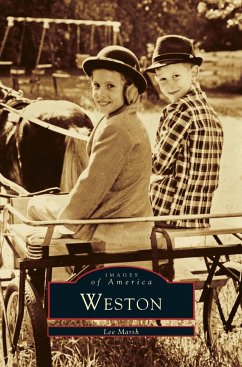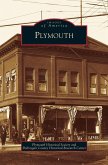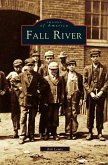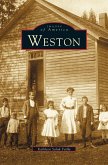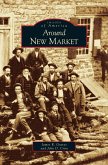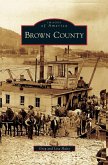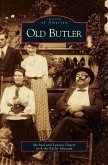Established in 1713 as a Puritan town, Weston, Massachusetts, has been a center of farming, industry, estates, and now, suburban life. Weston traces the changes in the city from the colonial period into the 20th century, with emphasis on the developments of the Progressive era (1900-1920), a time in which the area's most admirable features were established. At the turn of the century, Weston was a community enjoying peace and prosperity while addressing the changes brought about by the transportation and industrial revolutions. Roads and railroads connected Weston to the greater Boston area, and the Hews Pottery, Hobbs Tannery, and Hastings Organ Factory gave the town some experience with the effects of the industrial revolution. Industry virtually disappeared from the town by 1935, but during the "estate era," which lasted from the 1880s to the 1950s, estates and land were sold to build housing for the new suburbanites. Photographs from the Weston Historical Society as well as private sources illustrate the changes in town life and landscapes; memoirs from residents and the "Weston Column" of the Waltham Free Press tell the story of a community that has maintained its independent and unique character for more than 200 years

